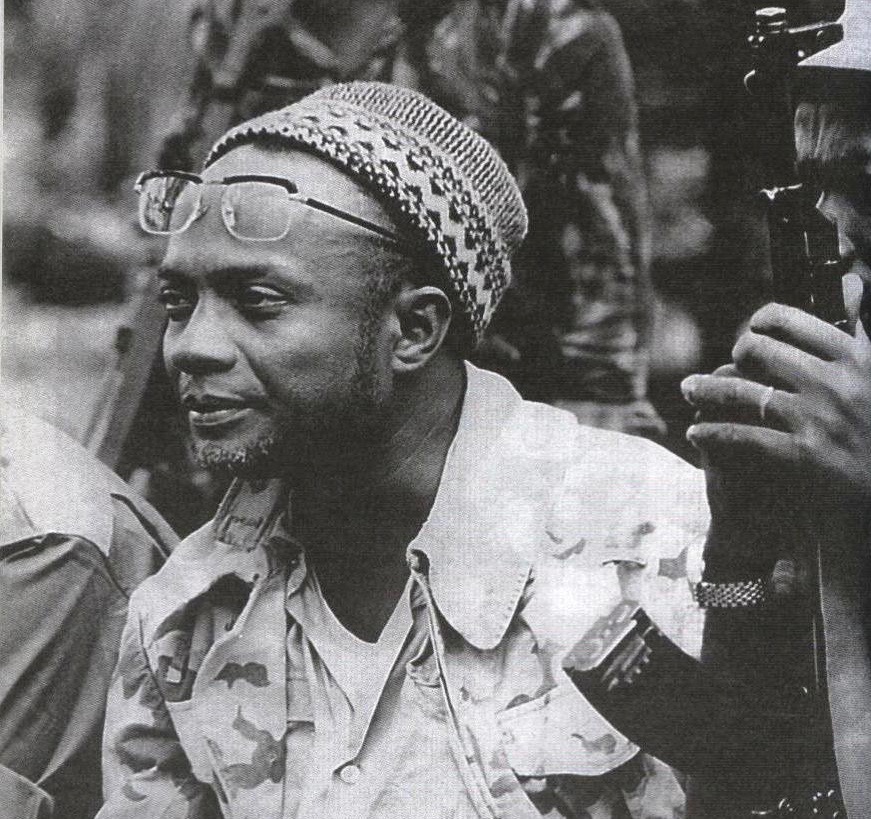Amílcar Cabral was a Bissau-Guinean and Cape Verdean agricultural engineer, intellectual, and communist revolutionary who was assassinated on this day in 1973 by a PAIGC veteran and Portuguese agents. Cabral was one of Africa's foremost anti-colonial leaders, leading the nationalist movement of Guinea-Bissau and Cape Verde Islands and the ensuing war of independence in Guinea-Bissau.
From 1963 until his death, he led the Partido Africano da Independência da Guiné e Cabo Verde (PAIGC) guerrilla movement against the Portuguese government, beginning a decade-long, but ultimately successful war of liberation. The goal of the conflict was to achieve independence from both Portuguese Guinea and Cape Verde.
Cabral was assassinated on January 20th, 1973 by at PAIGC headquarters in Conakry by PAIGC veteran Inocêncio Kani and Portuguese agents, according to historian Lucy Burnett. Eight months later, Guinea-Bissau issued a unilateral declaration of independence. Cabral's pan-Africanism and revolutionary socialism continues to be an inspiration for socialists and national independence movements worldwide.
"In combating racism we do not make progress if we combat the people themselves. We have to combat the causes of racism. If a bandit comes to my house and I have a gun, I cannot shoot the shadow of the bandit; I have to shoot the bandit. Many people lose energy and effort, and make sacrifices combating shadows. We have to combat the material reality that produces the shadow."
- Amílcar Cabral
